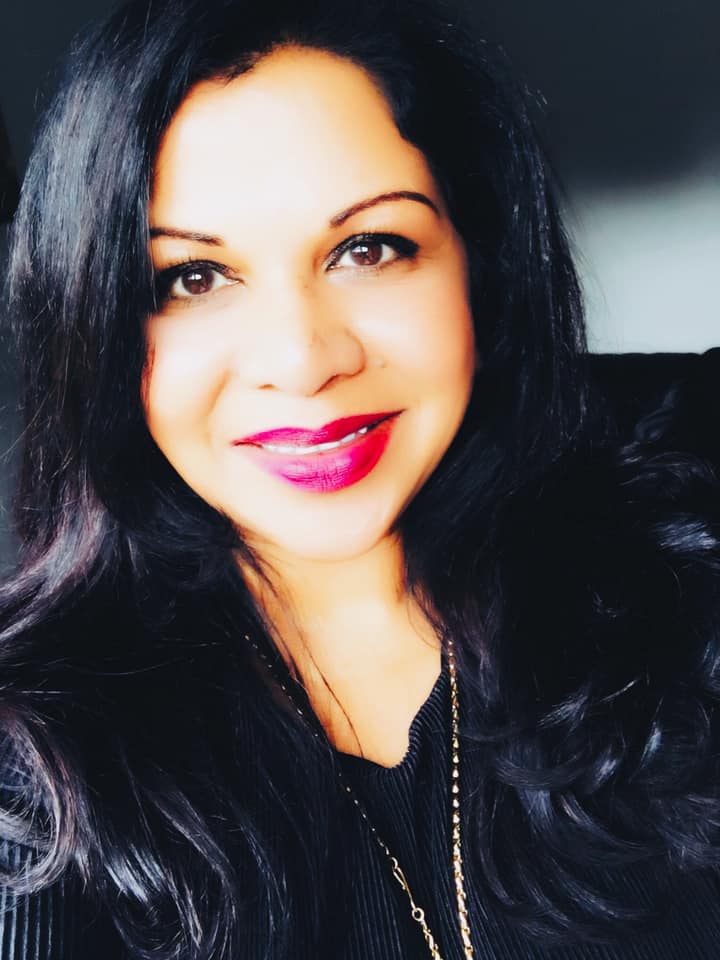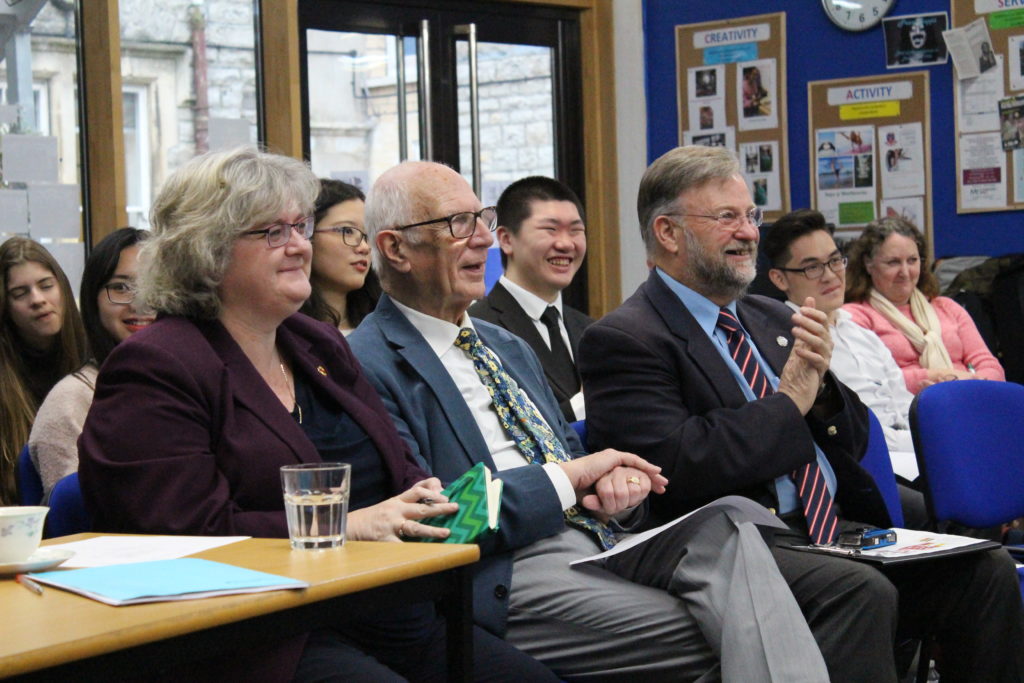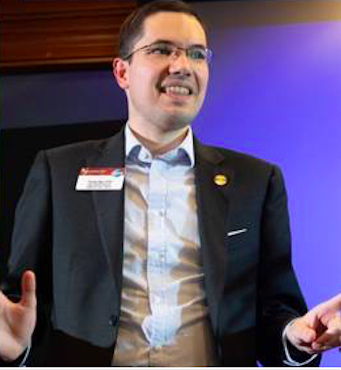By Bret Freeman, Area J21 Director

Sweaty hands, shortness of breath, heart beating right out of chest and I felt like I was going to throw up! That’s how it use to be every time I would stand centre stage with a live TV camera in my face and the producers voice in my ear piece saying 10 seconds to live…. 9… 8…7…6…5…4…3… 2…aaaand cue Bret….”
The voice in my head ( not the one in my ear that belonged to the producer, the other one, the one that I just can’t seem to get rid of) kept saying over and over again, “don’t screw up, don’t screw up…don’t screw up! This is live TV, don’t screw up, everyone is watching you, don’t screw up…” and guess what… lots of times, I screwed up! On LIVE television and in front of thousands of attending fans at MAJOR sporting events.
My light bulb moment came when I realised, I was thinking about this in the wrong way. There were a couple of things going here.
First of all, none of our experiences have meaning until we assign them meaning. What I mean by that is that when we have an experience, any experience, we decide how we will react to that experience. And, our reaction often comes out in our physiology. If we work this backwards and I say to you, “Imaging your hands are clammy, your heart is beating fast, you have butterflies in your stomach” what emotion are you feeling? Did you say nervousness or anxiety? Most people do. Wouldn’t you have the very same feelings of you hadn’t seen your partner in several weeks and were waiting for them to get off an airplane? Or what about when you were a child waiting for Father Christmas? You see, we assign meaning to our experiences. Nervousness or excitement, it’s up to you.
Second, by thinking to myself, “don’t screw up… I was actually willing myself to do exactly that. Psychology calls this the Ironic process theory. Whatever we try NOT to think of becomes the very thing we cannot seem to get out of our heads. Put another way, we magnify that on which we focus, and trying NOT to think of screwing up (by telling myself over and over again “Don’t screw up”) had exactly the opposite effect. It’s like the old saying, “Don’t thing of a blue elephant”… what are you thinking of? Can you see his blue trunk and his blue ears?… See, that’s how it works, whatever we try NOT to think of becomes the very thing that we do think of.
Once I understood this concept, it hit me like a ton of bricks, I was focusing on the wrong things! In fact, the very definition of anxiety is focusing on what you DON’T want to happen, and whenever it was time to go to work, I was filled with anxiety. My “Don’t screw up” became “this is going to be really hard” which ultimately became “this is impossible” and in much of my early TV work, you can see it written all over my face. The stress and anxiety I was creating within my own head would often take over and show itself to the whole world. I loved my job and hated my job all in the same breath. The buzz and adrenaline from the crowds was great, but the pressure that I put on myself was terrible, and the stage fright was almost debilitating.
Focusing on what I didn’t want to happen has given me no shortage of bloopers and poor performances early in my career, but when I changed my mindset, it made all the difference! It is very much like when a championship skier is speeding down an advanced run, trees and obstacles everywhere, are they looking at the trees or are they looking at their line? When a race car driver is speeding around a track, is it the walls or their line that they focus on? When an Olympic marksman is preparing to shoot are they focusing on the target or the audience? For me, it became so clear, when I was getting ready to deliver anything, a talk, a workshop, a live piece to a television camera, I was focused on the trees…the walls, the “screwing up” of the thing… as soon as I started focusing on my line, the voice in my head changed from “don’t screw up” to “I’m gonna smash this talk” and it has made all the difference! I work with lots of speakers these days and many face the very same mindset. Corporate presentations, wedding speeches, even West End actors. That voice inside does it’s best to get them focused on what they DON’T want to happen…and BOOM! There it is; the stage fright, the nerves, the lack of confidence.
One of the techniques I use to help people to get over this pre-talk anxiety is the 5,4,3,2,1 method. The next time you are getting ready to speak, before you take the stage, just take a few seconds and do the following:
Take a deep breath, breath in for the count of five and out for the count of seven. As you are breathing in and out, look around you and locate
-5 things you can see
-4 things you can touch
-3 things you can hear
-2 things you can smell
-1 emotion you can feel (or a time you were excited)
If you follow this process before you give your next talk, it will calm your nerves, it help you to be grounded, it will help you to stop looking at the trees, and help you to find your line!
So, the next time you get ready to give a talk… find your line, focus on your line and you’ll be perfect!!




